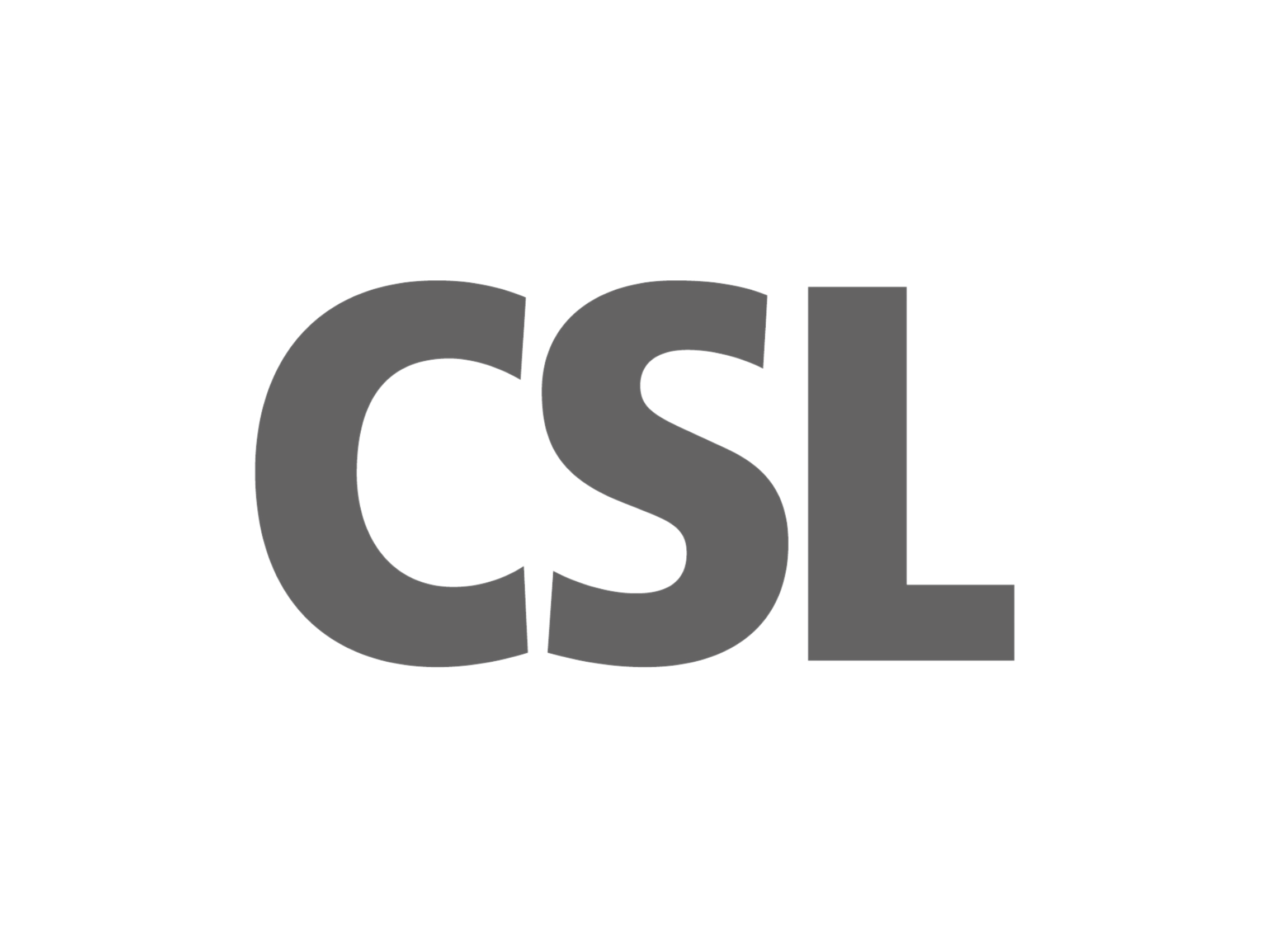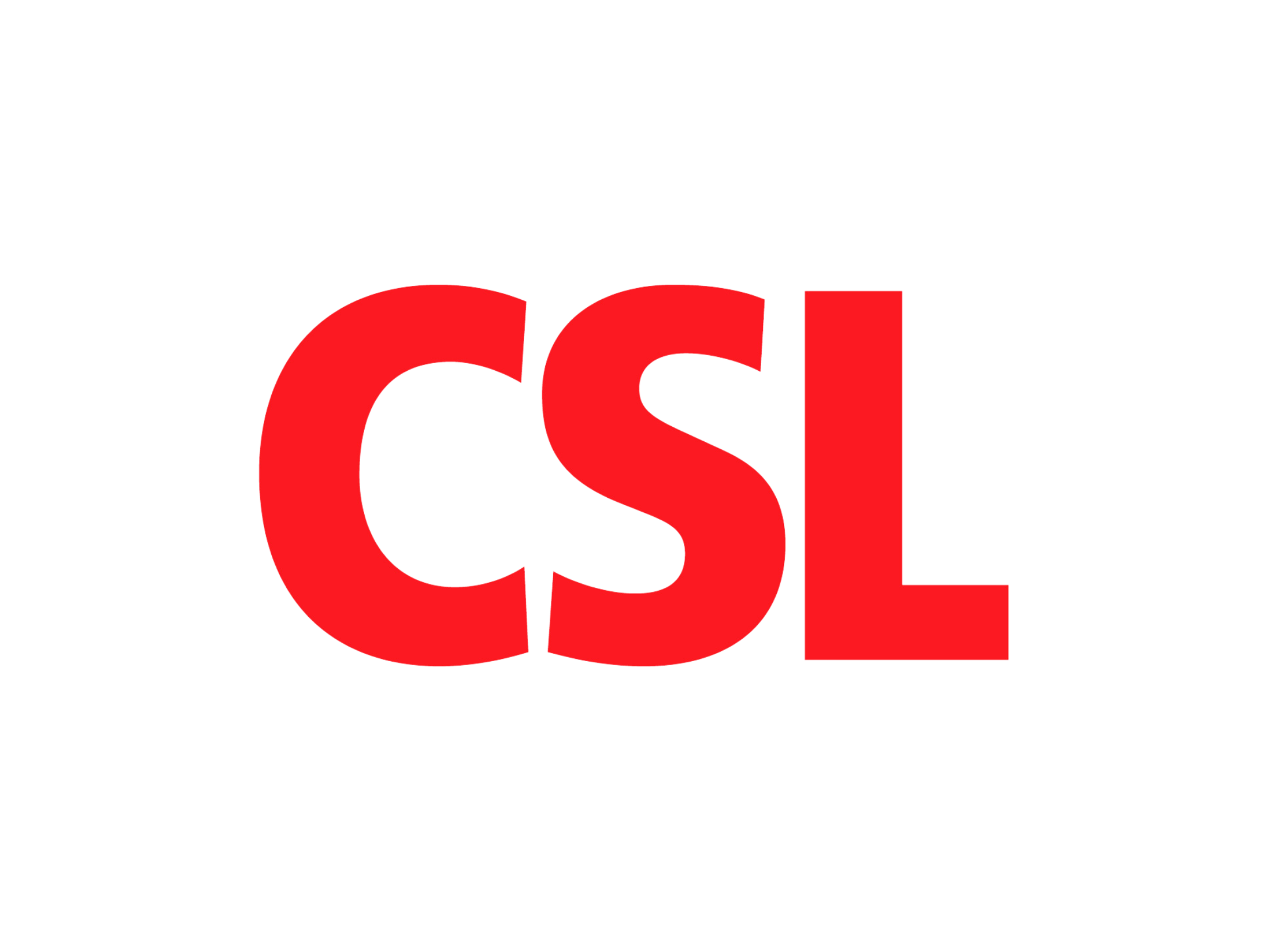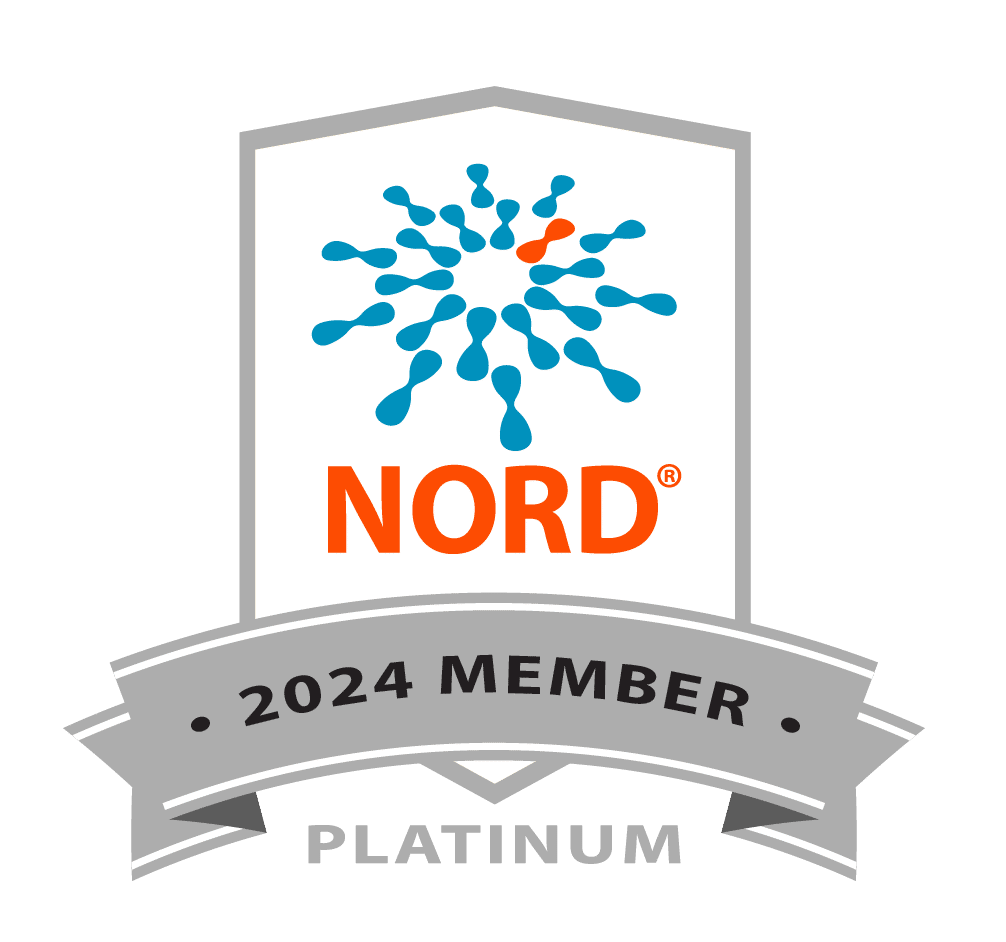December 29, 2021- Important COVID-19 Omicron Variant Update for Alphas
While Omicron may be mild in patients without lung disease, this variant continues to be a risk for the Alpha-1 patient population. Please note the CDC guidelines are for the general public but for people at significant risk, such as those with Alpha-1 Antitrypsin Deficiency lung and/or liver disease, extra precautions need to be taken under the present Omicron surge.
We are urging extreme caution in being around a person that has been recently diagnosed with COVID-19. Any person that tests positive for COVID-19 should be tested at least 10 days after their positive COVID test and an Alpha should require that person to have a negative COVID-19 test before any visit occurs.
Your health and safety is our number one priority. With the New Year Holiday approaching, gatherings of ANY size are a great risk to an Alpha patient. We recommend celebrating safely in your homes with those that live with you. If you have a gathering with individuals outside the home, an antigen test within 30 minutes of the event would be recommended. The Omicron variant is extremely contagious and vaccinated patients are also testing positive. When you are in public settings, a medical mask or N95 is your best protection, cloth masks do not provide the level of protection needed for this variant.
Spread
The Omicron variant is highly contagious and spreads more easily than the original SARS-CoV-2 virus or the Delta variant and is now the dominant variant in the country. Early evidence suggests that COVID-19 caused by the Omicron variant is less severe than the Delta variant, but those preliminary studies did not look at individuals with underlying lung or liver disease.
Vaccines
Current vaccines are expected to protect against severe illness, hospitalizations, and deaths due to infection with the Omicron variant. However, we are seeing breakthrough infections in both double and triple vaccinated individuals.
Treatments
Masks offer protection against all variants and as said above, during this surge we recommend the use of N95 mask under any situation where you have contact with individuals outside your home.
Tests continue to be useful to tell you if you are currently infected with COVID-19. Two types of tests are used to test for current infection: nucleic acid amplification tests (NAATs) and antigen tests. There are increased false negatives from antigen testing with the Omicron variant so if you have symptoms it is recommended that you are cautious and retest. The PCR test is more sensitive but presently testing lines are long and medical centers are crowded so it is best to schedule a PCR test rather than wait on a line.
Pharmacies are beginning to receive supplies of the Pfizer drug Paxlovid so if you do develop COVID you should contact your local doctor to try to get a prescription. Supplies are currently limited.
In terms of monoclonal antibodies, at this point only one version is working on all current variants (Sotrovimab) and it is in very short supply at hospitals. It is generally only available for immunosuppressed individuals and certain other special conditions.
To view the full the full COVID-19 guidance and recommendations for Alphas, please click here.











